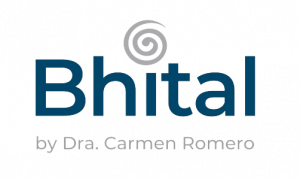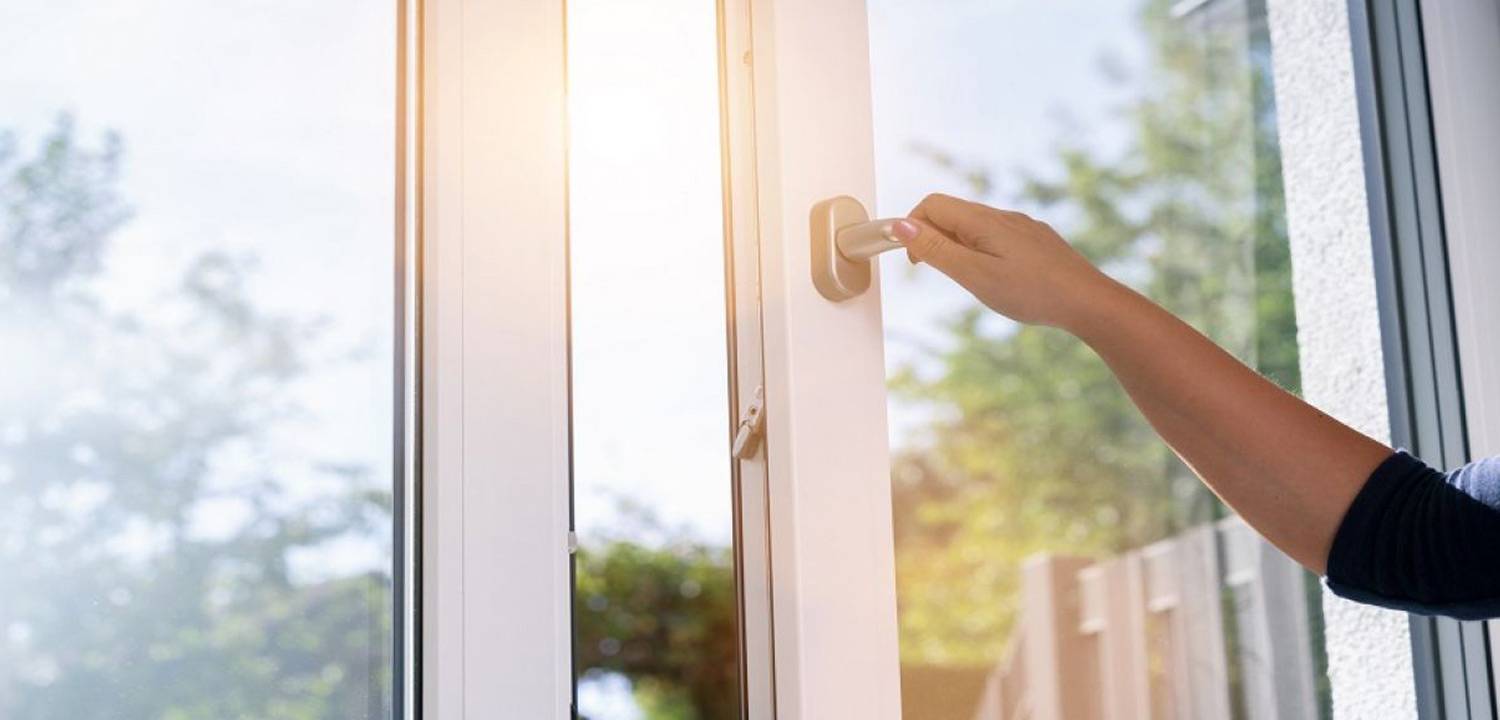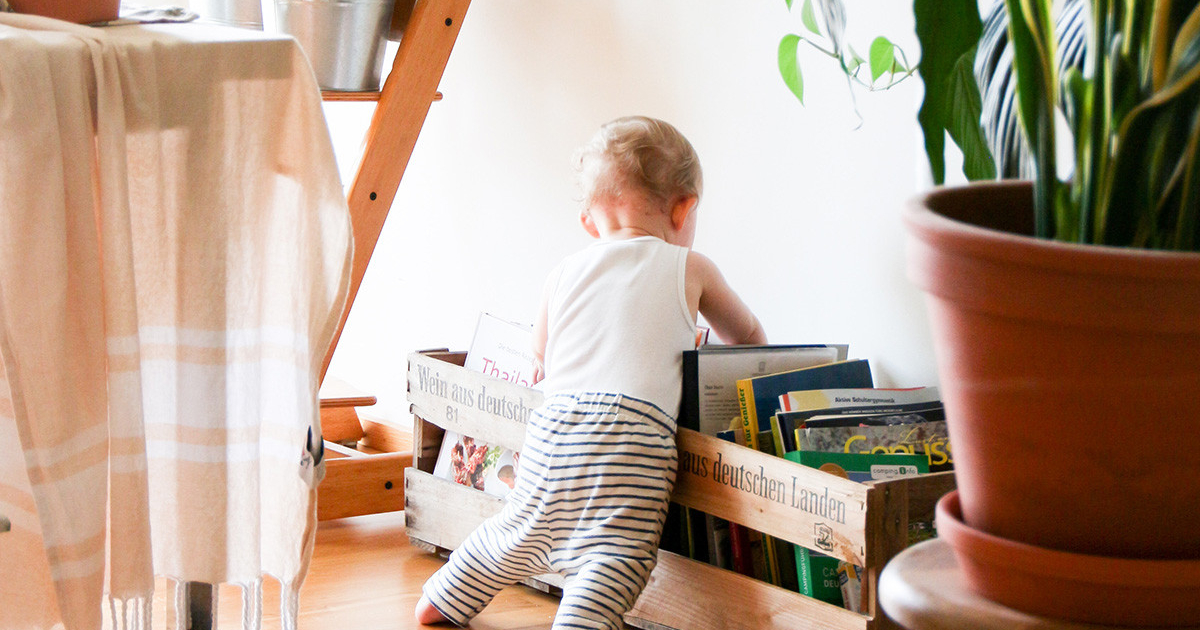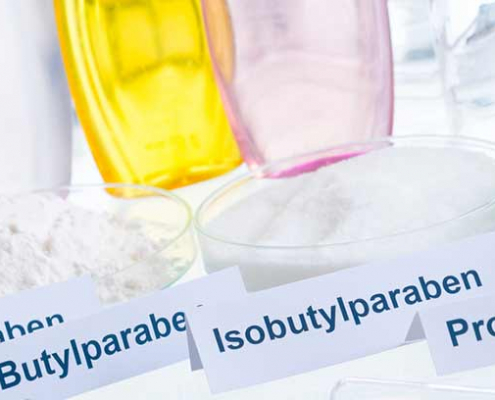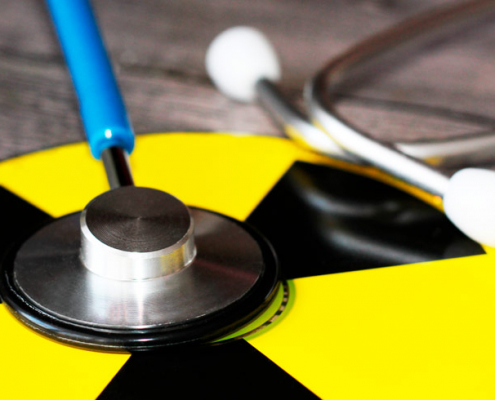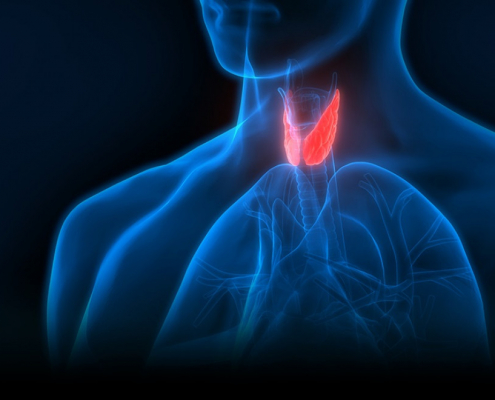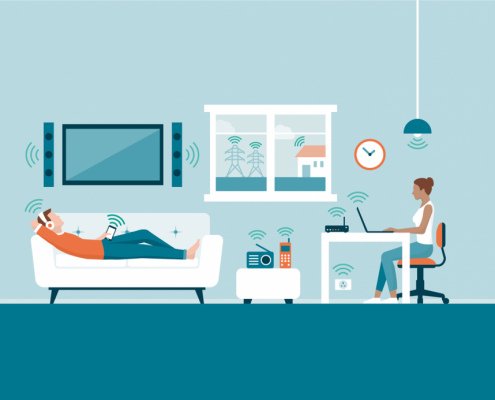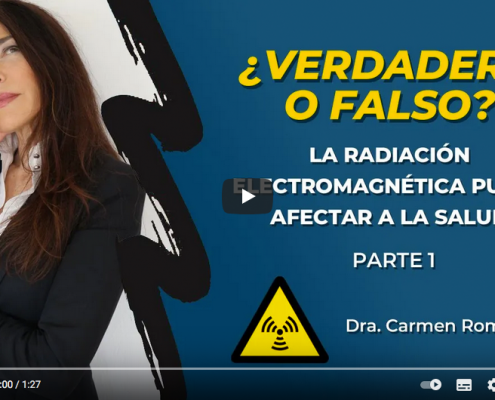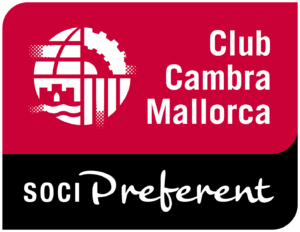The following Decalogue, from Dr. Thomas J. Slag, scientific director of the AMC Cancer Research Center at the University of Colorado (USA), will help you make some lifestyle changes that will improve your health and prevent future diseases.
DECALOGUE FOR AN OPTIMAL BODY DETOXIFICATION
By Thomas J. Slaga PH. D.
Scientific Director of the AMC Cancer Research Center (University of Colorado)
1.- NO SMOKING
Tobacco contains more than 400 chemicals and gases, including polycyclic aromatic hydrocarbons, benzene, heterocyclic amines, nitrosamines, radioactive elements, carbon monoxide, and many other pro-carcinogenic properties.
2.- AVOID OVEREXPOSURE TO SUNLIGHT AND X-RAYS
Use protective clothing and sunscreen that absorbs ultraviolet A and B radiation with a sun protection factor (SPF) of 30 (or higher). It is important that it contains zinc dioxide or titanium dioxide. Many of the new sunscreens on the market contain antioxidants that provide additional protection. Apply it frequently.
3.- DO WITHOUT SMOKED, GRILLED, FRIED OR OVERCOOKED MEATS.
Scientists at Lawrence Livermore Laboratories (California) found that frequent flipping of hamburgers and other meats helps reduce carcinogens in cooking. Marinating beef or chicken for 20 minutes before grilling reduces heterocyclic amines. It is a simple step that is done by soaking the meat to be eaten in a mixture of olive oil, vinegar, garlic, lemon and mustard. This easy process lowers the cooking temperature. Garlic also contains phytochemicals that help neutralise dangerous chemicals that may be produced during cooking.
4.- AVOID PRESERVATIVES IN FOODS
Nitrosamines can form when nitrites in preserved foods combine with other amine-containing foods and certain medications in the acidic environment of the stomach (e.g. hot dogs and beer).
Some meats are preserved with sodium ascorbate, the best option because it is a form of vitamin C.
5.- ALWAYS DRINK AND USE CLEAN WATER
It is important to use filters that effectively remove substances identified as hazardous to humans (lead, mercury, pesticides, herbicides, asbestos, chlorinated thialomethanes, bacteria, giardia lambia and cryptosporidium). These filters must be certified by NSF International (www.nsf.org).
6.- KILL BUGS AND BACTERIA NATURALLY
An article published in Environmental Health Perspectives (1998) made it clear that some childhood cancers can be prevented by reducing exposure to pesticides. Botanical insecticides are the most suitable. The combination of Borax and sugar effectively eliminates ants and cockroaches. It is essential to keep the house clean at all times and to adopt the Japanese custom of leaving shoes at the door of the house.
7.- VENTILATE THE HOUSE ADEQUATELY
Clean the chimney annually, do not use gas heaters, ventilate properly when cooking (especially grilled meats), do not use combustion machines in enclosed spaces, do not sleep in spaces where there is paraffin. All of these are to avoid possible poisoning from carbon monoxide and many other chemicals associated with combustion. For greater safety, place a carbon monoxide detector in the home.
8.- CLEAN WITH NATURAL AND LOW-TOXICITY PRODUCTS.
There are many valid options to achieve a perfect cleaning without having to resort to toxic products that can pollute the environment. Examples: baking soda and water for the oven or white vinegar as a floor and surface cleaner. The catalogue published by the American Environmental Health Foundation on safe cleaning products is very useful (www.aehf.com).
9. BUILD AND DECORATE WITH NON-TOXIC MATERIALS.
Many paints, woods or carpets contain chemicals, such as formaldehyde or petroleum distillates, which are hazardous. Before deciding on any of them, make sure that they have the HUD (Housing and Urban Development) Volatile Organic Compound Emission Seal (HUD).
10.- REMOVE DUST FROM THE HOUSE
Dust is the main cause of lead poisoning in children. It can also contain residues of pesticides, asbestos and other chemicals, as well as animal or pet waste. Pay special attention to carpets and ventilation.
11.- PREVENTING AND REMOVING MOULD SPORES
Air conditioners and humidifiers should be thoroughly cleaned because they encourage the presence of moisture and therefore help the development of mould. Moulds contain some harmful toxins. Those in corn and grains, for example, can produce alphatoxins, which are carcinogenic.
12.- CHECK STORAGE OF CLOTHING
Prolonged storage of naphthalene balls can produce gases that are carcinogenic. Garments that need to be dry cleaned are usually treated with perchloroethylene, a toxic solvent that affects the health of workers who use it.
It is therefore advisable to hang them in a well-ventilated area. It is also recommended to always wash permanent press garments before using them for the first time.
13.- READ THE CHEMICAL LEVELS OF PERSONAL CARE PRODUCTS.
Volatile chemicals on the labels of nail polish removers, hairsprays and perfumes include artificial colours and fragrances. These are petrochemicals that are easily absorbed through the skin and scalp and can evaporate and contaminate the home environment.
14.- WASH FOOD FREQUENTLY
Fruit and vegetables should be washed frequently as they are susceptible to absorbing chemicals from the soil and the environment. It is recommended to wash them with hot water at least five times before consumption to remove pesticides and herbicides.
15.- DO NOT USE ARTIFICIAL AIR FRESHENERS
Only ventilation and frequent cleaning will eliminate bad smells. Many artificial air fresheners contain parachlorobenzene, a well-known carcinogen.
Scented candles are a good alternative if purchased in health food shops, otherwise they release polyaromatic hydrocarbons, which are free radical generating agents. Essential oils are another effective and non-toxic alternative.
16.- EAT LESS, LIVE LONGER
Calorie restriction can protect us from cancer and many other health problems. It is the only therapy that has been shown to prolong life in lower species.
17.- MODERATION IN EVERYTHING, INCLUDING SPORT
Infrequent and excessive exercise is unhealthy. It is advisable to exercise the body between 4 and 5 times a week for at least 30 minutes. Too much exercise causes damage to the immune system and free radicals, as well as increasing the production of cortisol and cytokines.
